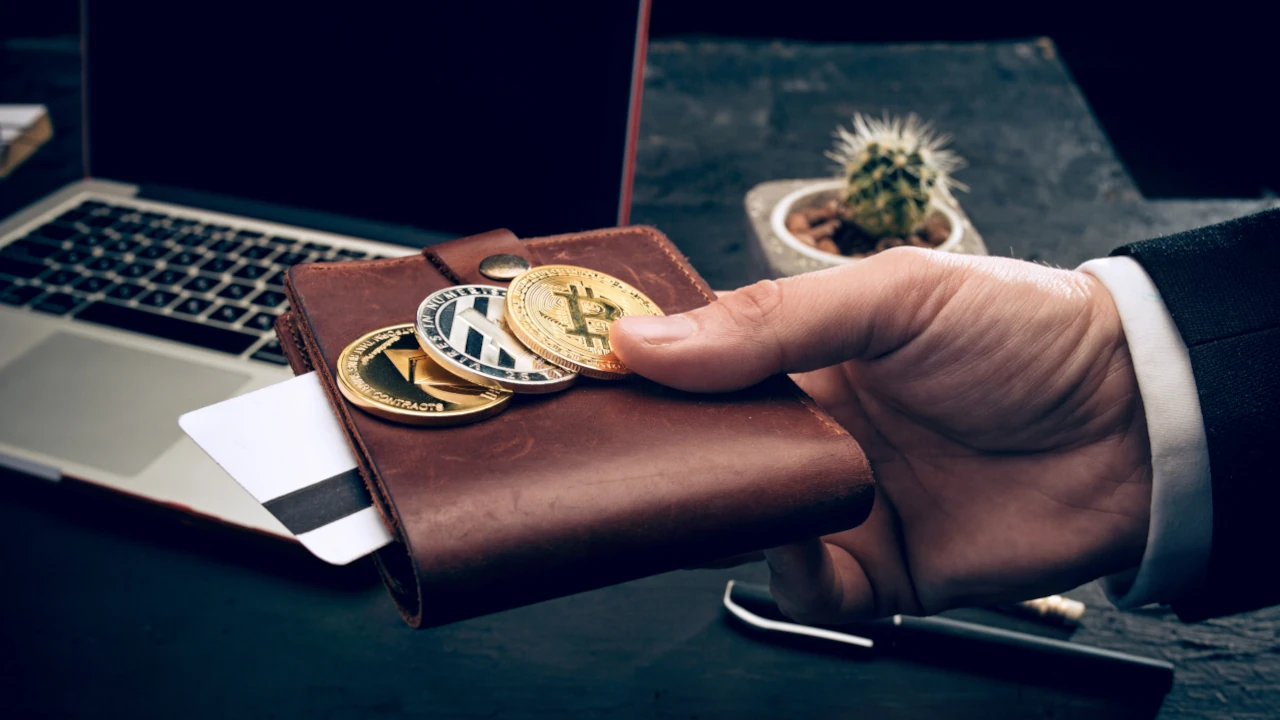First Time Investing In Crypto? Here’s What To Know In 2025
Cryptocurrency investment for beginners in 2025 is a hot topic. With more Americans entering the digital asset space, understanding how to get started safely is critical. From Bitcoin and Ethereum to newer altcoins and stablecoins, there’s a lot to unpack. This article breaks it all down in simple terms.
Understanding the basics of crypto in 2025
Cryptocurrency is digital money. It uses blockchain technology to secure transactions and verify ownership. You can buy, sell, and store it using digital wallets.
Bitcoin remains the most well-known, but it’s far from the only option. Ethereum is popular for smart contracts, while Solana, Polygon, and Cardano are gaining traction. In 2025, many new investors are exploring these alternatives for faster transaction speeds or lower fees.
“Crypto is no longer a niche topic,” said Brian Armstrong, CEO of Coinbase.
“We’re seeing widespread adoption, especially among younger investors and those looking for alternatives to traditional banking systems.”
Many platforms now make it easy for beginners. Robinhood, Coinbase, Binance US, and Kraken are among the most-used. Most let you buy fractions of coins, meaning you don’t need thousands of dollars to start.
How beginners can start investing
If you’re new to crypto, start with education. Learn how digital wallets work. Hot wallets are online and easier to access, but cold wallets (offline) offer better security.
Use reputable platforms and enable two-factor authentication. Never share your wallet’s private key.
“The most important step for any beginner is research,” says Rachel Aguirre, an analyst at CryptoCompare.
“Don’t invest in a token just because it’s trending. Understand what problem it solves, who’s behind it, and its roadmap.”
Many beginners start with dollar-cost averaging (DCA). This means buying a fixed amount regularly—say $20 a week—regardless of the coin’s price. It helps smooth out volatility.
“I started with $10 every Friday on Bitcoin and Ethereum,” says Mark Tyler, a teacher from Ohio.
“After a year, I was shocked to see how much it had grown. It felt safer than putting in a lump sum at once.”
Common mistakes to avoid
Avoid chasing hype. Coins can skyrocket—and crash—within hours. Always do your own research (DYOR).
Be wary of scams. In 2024 alone, over $3 billion was lost to crypto fraud, according to Chainalysis. Fake giveaways, phishing websites, and pump-and-dump schemes are common.
“Scammers know how to make things look legit,” warns the Federal Trade Commission (FTC).
“Always double-check URLs, never send crypto to unknown wallets, and remember: if it sounds too good to be true, it probably is.”
Also, don’t forget taxes. The IRS treats crypto as property. Every time you sell, swap, or use it, you could owe capital gains tax.
“Crypto transactions must be reported,” the IRS said in a 2025 statement.
“Failure to do so may result in penalties, audits, or legal action.”
What’s new in 2025?
In 2025, regulation is clearer. The SEC now requires crypto exchanges to register, and new rules protect retail investors from risky assets.
Stablecoins like USDC and PayPal’s PYUSD are more common for everyday use. They’re pegged to the US dollar, so their value doesn’t swing wildly.
“We’re building a bridge between crypto and the real world,” said José Fernandez da Ponte, PayPal’s head of crypto.
“PYUSD offers a familiar, regulated way for users to engage with digital money.”
Meanwhile, more employers offer crypto salaries. Some retirement accounts even include crypto options through platforms like Fidelity and iTrustCapital.
Tools and communities that can help
Reddit, X (formerly Twitter), and Discord remain top places to learn from others. But take advice with caution.
Free tools like CoinGecko, CoinMarketCap, and DeFi Llama help track prices, volume, and trends. Beginners should also try simulated trading on apps like Crypto Parrot or Binance’s demo accounts.
“Getting involved in the community helped me avoid beginner mistakes,” says Jamila Daniels, a healthcare worker in Florida.
“I learned to stay patient, avoid emotional decisions, and focus on long-term goals.”

